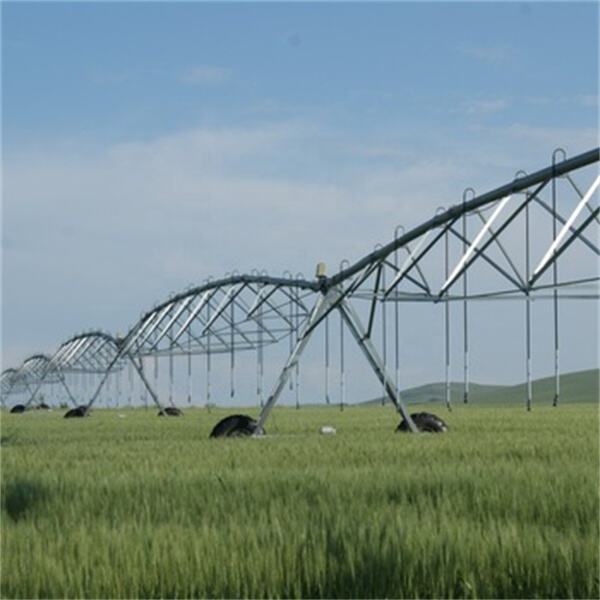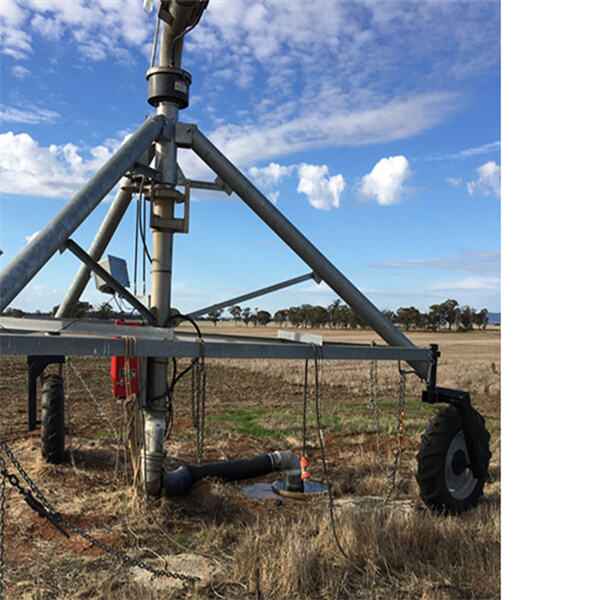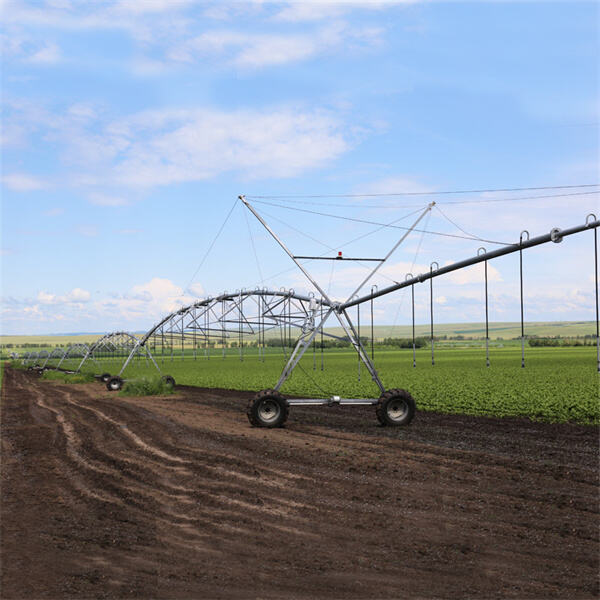“Circular irrigation” is a unique way of watering plants in a field. They make it easier for farmers to save water and grow more crops. Let’s see how these systems operate, and why they matter.
Circular irrigation systems consist of pipes with small holes that spray water on plants in a circle. This makes water get to all of the plants uniformly and without waste. When used to water plants, circular irrigation systems can save a lot of water compared with older methods. This is significant because water is an asset we must steward.
Farmers using Gengze circular irrigation technology are able to produce more crops on their land. When plants receive enough water, nutrients and sunlight, farmers can take home more food to sell and feed their families. This is a means of helping farmers to produce more plants in order to have enough to share with the community.

In numerous ways the use of circular irrigation also benefits farmers and the environment. Farmers can pay less for their water bill and save the environment by being water efficient. These systems also prevent soil erosion by dispersing water uniformly throughout the field. This linear irrigation system preserves the soil and keeps it healthy for future vegetation. In short, employing these systems redirect can result in better farming practices that benefit all.

These irrigation systems are designed to water the entire field. By traveling in a circle, these systems are designed to ensure all of the field gets water. This is crucial for the crops to be facilitated to grow well and achieve their full potential. Full coverage, and more farmers can produce more crops and better buzz. “The center pivot irrigation systems for sale in Gengze covers the entire field, with the aim to ensure each plant gets just enough water,” he said.

Circular irrigation improves efficiency, for both farmer and farm. Automatically watering plants can allow farmers to put time and labour to other uses. This allows them to concentrate on other jobs, such as planting, harvesting, and tending their crops. Circular systems can also minimize water waste and provide plants with the proper amount of water at the proper time. By making more efficient use of resources, these systems help farmers obtain better results in their fields.